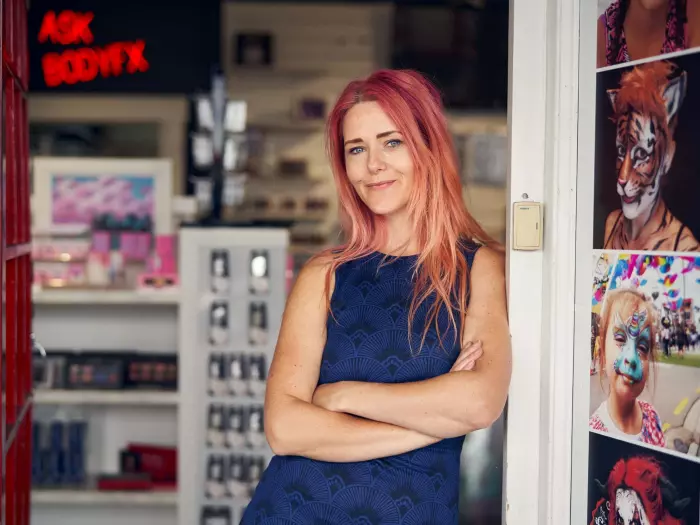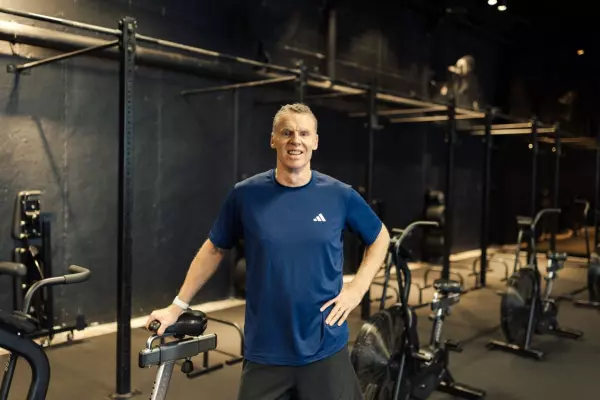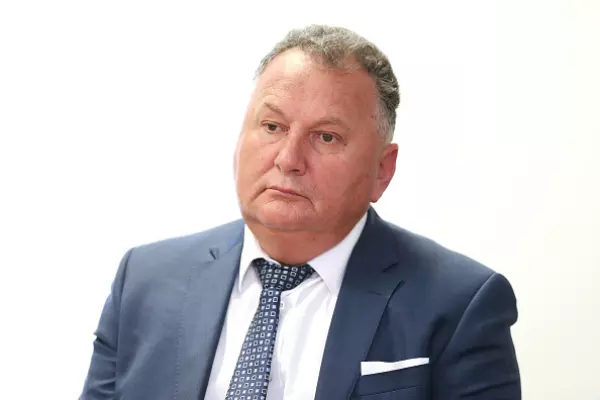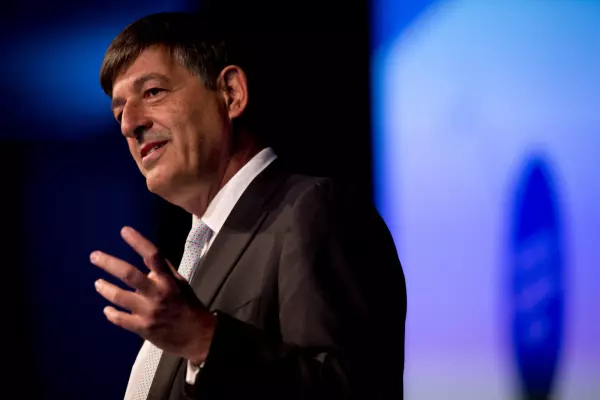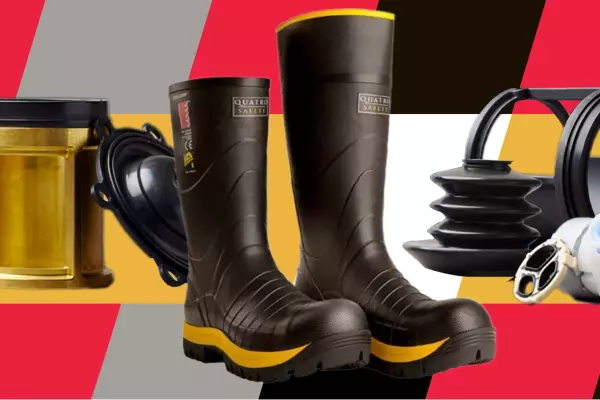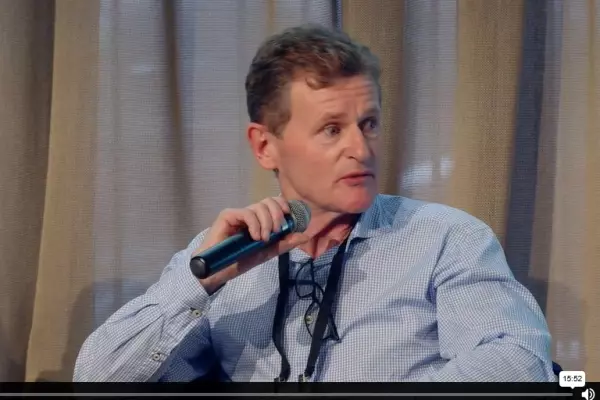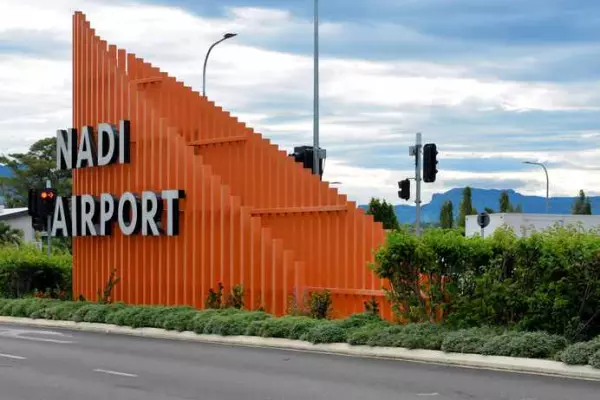When the covid-19 pandemic hit, there was little demand for body art.
Fortunately for international award-winning body painter Yolanda Bartram, she’d already started taking an unlikely route into the health sector by replicating serious medical injuries out of silicone and handcrafted gory special effects, using skills honed by serving the creative sector.
“It’s been a wild ride,” Bartram says.
She's been in the special effects and body painting industry for 25 years, after following in her mother's creative footsteps.
She started experimenting with body art as a teenager in the Netherlands.
Her natural ability quickly turned into a passion and she started showcasing her work globally and competing internationally.
She moved to New Zealand with her family 21 years ago and realised NZ was being left behind when it came to face and body painting.
“So we decided to start something ourselves,” she says and together with her mother, Nicole Heydenrijk, BodyFX was born.
'Candy shop for face painters'
In BodyFX's early days in Wellington, Bartram and her mother offered courses and workshops on face and body painting.
But when Bartram and her family moved to Auckland in the late 2000s, she found a lack of body and face art supplies, and teamed up with her younger sister to open a "candy shop for face painters"
They found a Kingsland store space and they’ve been there since 2010.
Seven years later, Nicole Heydenrijk, also a special effects artist, took a step in a new direction and created MedicFX, a second business supplying medical simulations, appliances and prosthetics to the healthcare industry.
BartramF, who has now taken over the business side of MedicFX, says her mother saw that providing realistic mannequins with lifelike injuries would be hugely helpful for medical students, and so the pair started working with Auckland University’s medical simulation programme.
“Diversity is a really big thing for us because all hospitals use mannequins and most of these mannequins are young white males,” Bartram says.
“So we make sure our mannequins are different ethnicities and age groups that actually replicate the wide range of people medical students will encounter in real life.”
Fast forward five years and MedicFX is supplying mannequins with injuries and prosthetic limbs to most of the country’s district health boards.
They also get orders from the police and the army, who use their medical simulations for training purposes.
Replicating injuries
Bartram now has a special effects team of seven women, who are given real-life medical scenarios from hospitals and are then asked to replicate the injury or illness on a lifelike mannequin’s body.
The scenario range is huge, she says. It can range from someone run over by a bus or a patient needing open-heart surgery, to a victim with a gunshot wound.
“Sometimes they come with images, which are ideal,” she says.
“Otherwise, we just have to find the reference material to go with that scenario where we can, and make it look as realistic as possible.”
They know their medical simulations help save lives: Bartram’s team created a limb appearing ravaged by an explosion for a simulation that took place just days before a similar scenario happened in real life.
“Because they’d already had our medical simulation piece to learn from, they knew how to deal with the situation,” she says.
MedicFX’s growing demand was a “saving grace” during the pandemic, Bartram says, helping tide over the BodyFX store when sales dropped off dramatically in 2020.
They had hoped for a festival-filled summer of partygoers wanting BodyFX's body art, but the omicron outbreak starting in January killed their hopes of recovering some of last year’s lost business.
Bartram says the paint business is going through a “bit of a rough time”.
“It's been really good to still get some money coming in a completely different field like MedicFX,” she says.
“Health will be a growing industry and the more realism we can bring to it, the better it is for everybody that needs to learn about it.”
Bartram says the field of medical simulations is a fast-growing market, and MedicFX has been rapidly growing. Over the past three years, they've started working with and selling to over fourteen distributors around the world.
“Every country has a face paint shop, but not every country has what we offer in the way of medical simulation,” she says.
“I’d like to see MedicFX really grow because it has so much potential.”


